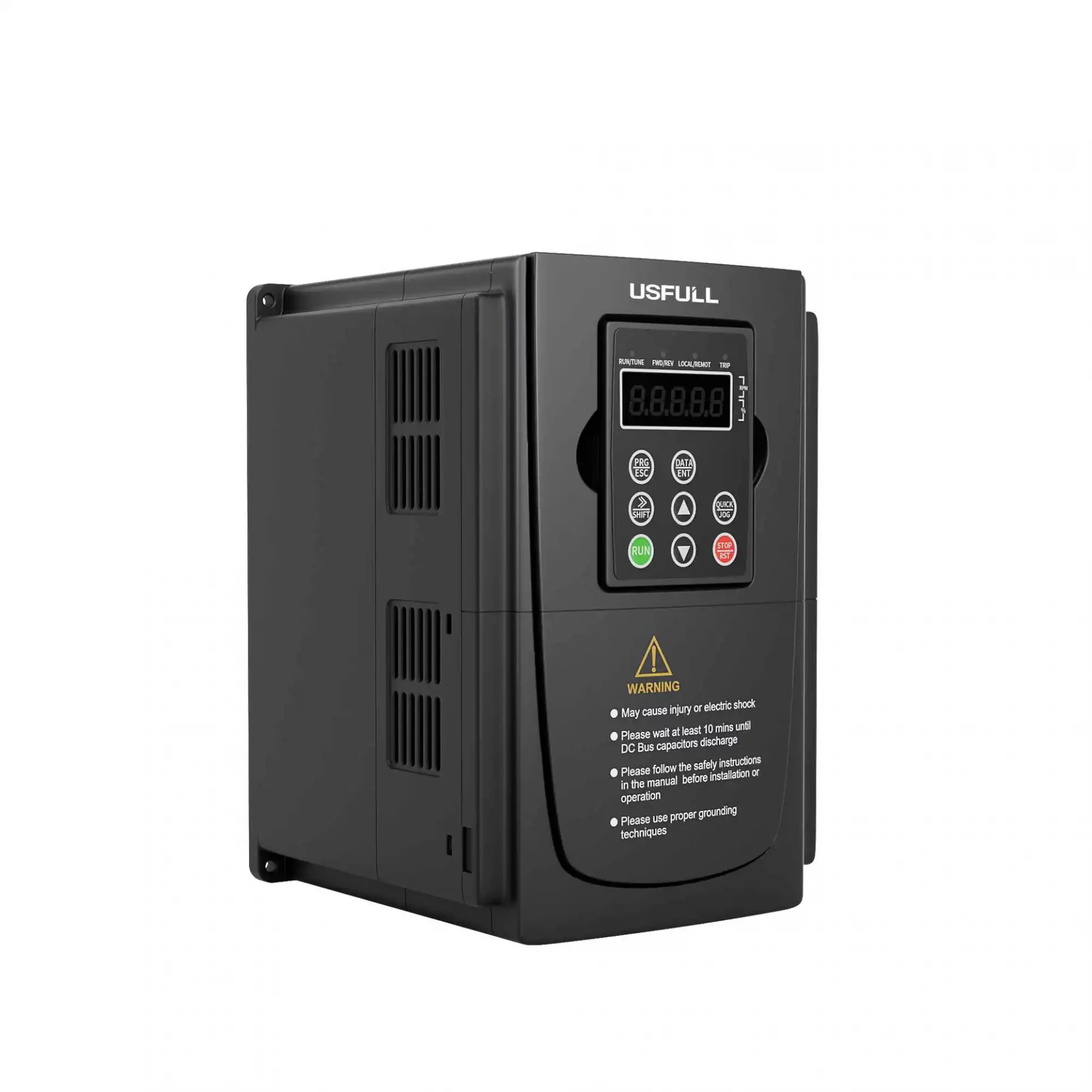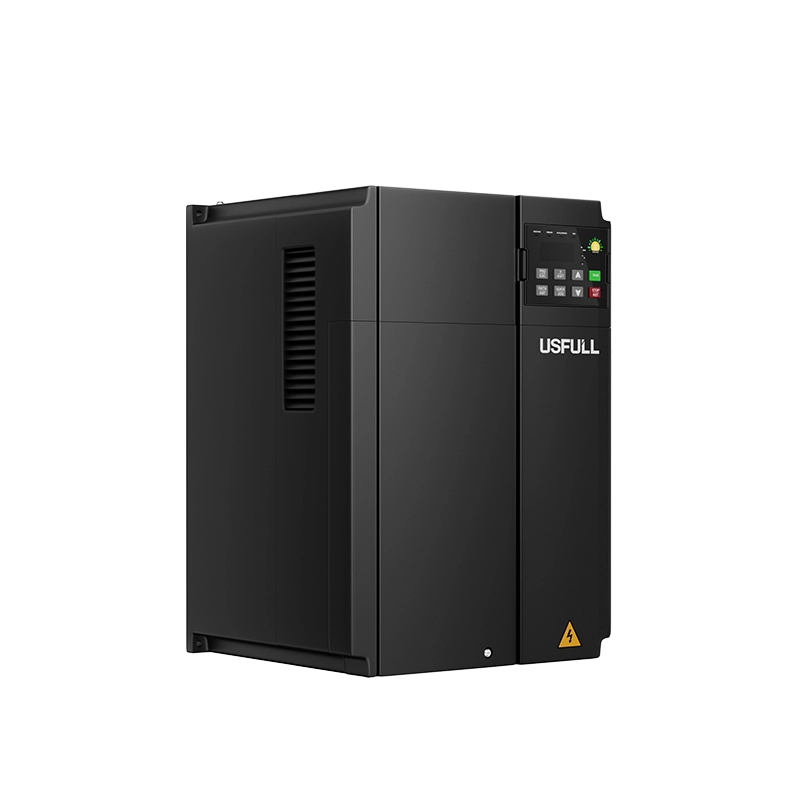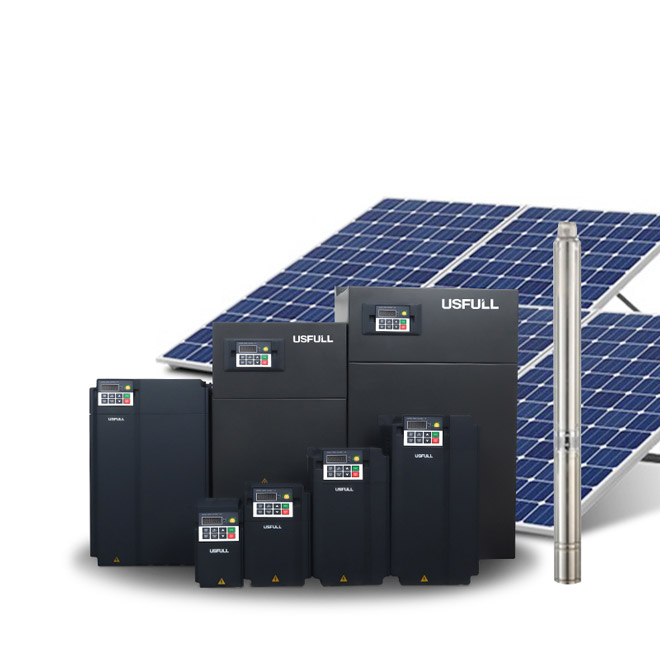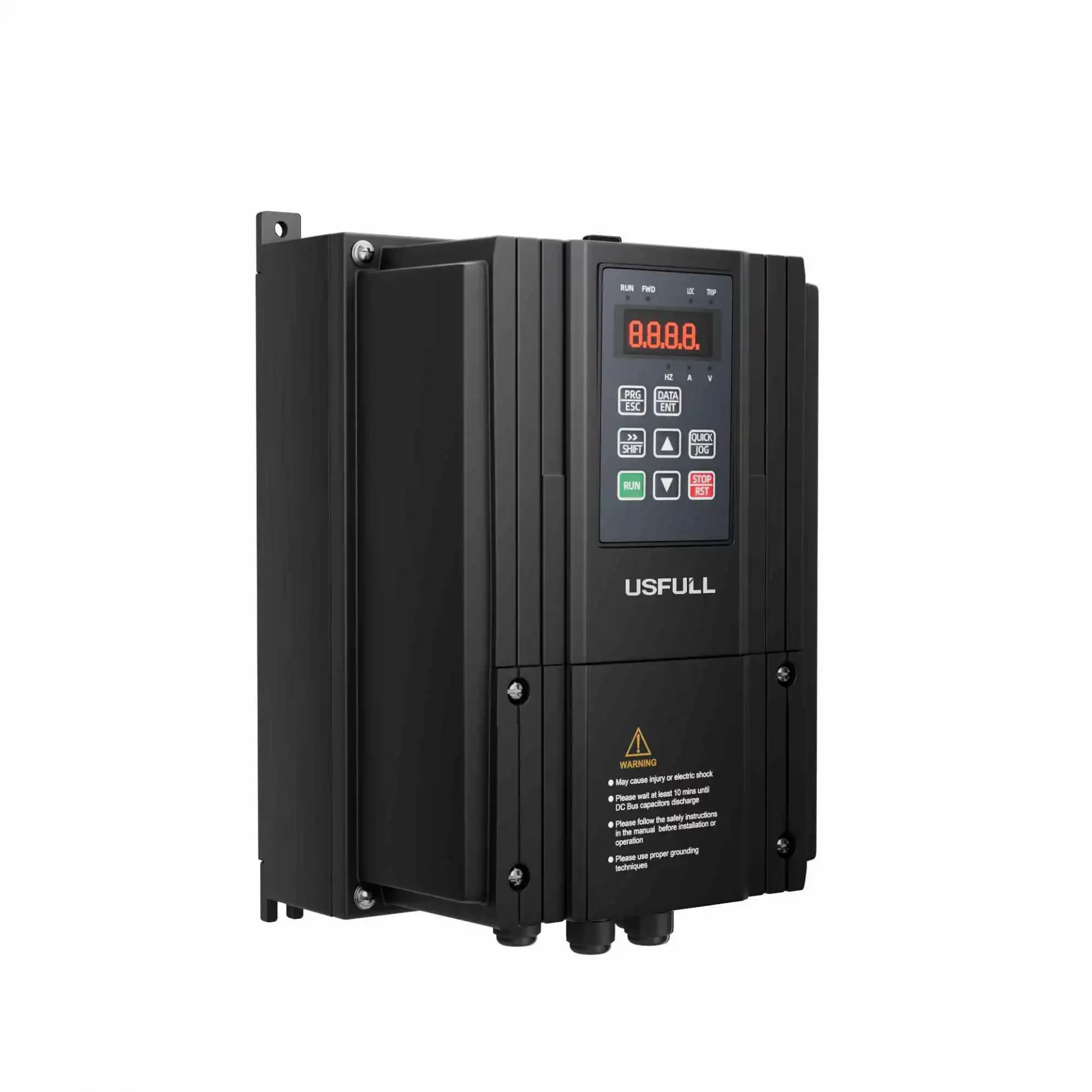Discover the top 10 industrial control applications of inverters (VFDs) and how they optimize energy consumption and enhance system efficiency in various industries.
Inverters, also known as variable frequency drives (VFDs), are extensively used in industrial control applications to regulate motor speed and optimize energy consumption. Their ability to provide precise control over motor speed and torque makes them essential components in a wide range of industries. In this article, we will explore the top 10 industrial control applications of inverters in industrial settings, highlighting the benefits they offer for achieving optimal efficiency.
1. HVAC Systems for Energy-Saving Climate Control:
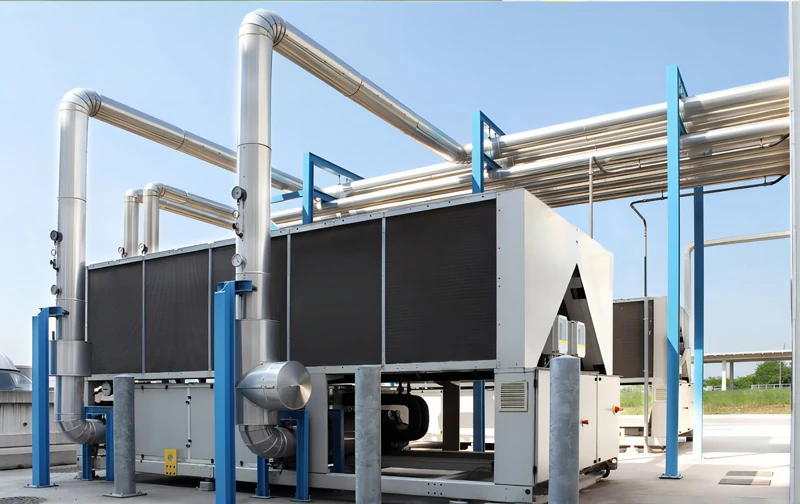
Discover how inverters optimize energy consumption in HVAC systems, providing energy-efficient climate control solutions through precise regulation of fan and pump speeds.
2. Water and Wastewater Treatment with Enhanced Energy Efficiency:
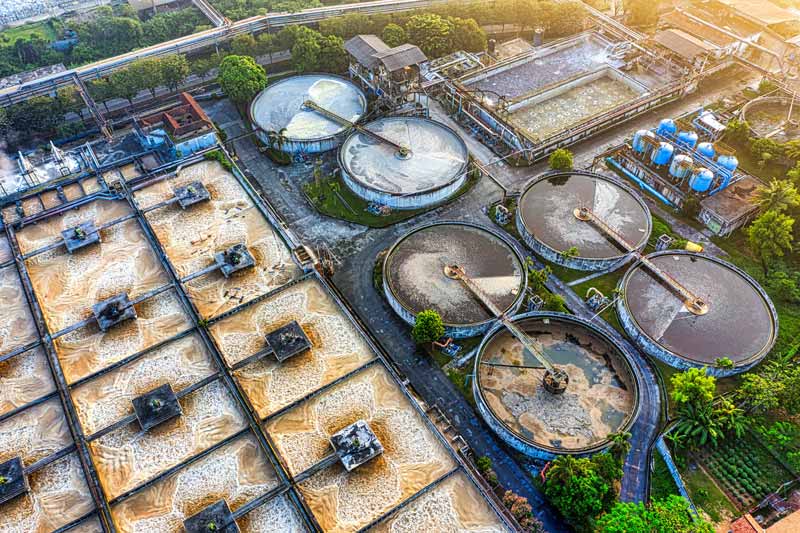
Learn how inverters enhance energy efficiency in water and wastewater treatment processes, ensuring accurate flow regulation and increased equipment longevity.
3. Conveyor Systems for Accurate Material Handling and Energy Optimization:
Explore how inverters optimize energy usage in conveyor systems, enabling accurate material handling and minimizing product loss through speed control.
4. Machine Tools with Precision Speed Control for Enhanced Performance:
Discover the benefits of using inverters in machine tools for improved machining accuracy, superior surface finish quality, and reduced tool wear.
5. Energy-Saving Solutions for the Food and Beverage Industry:
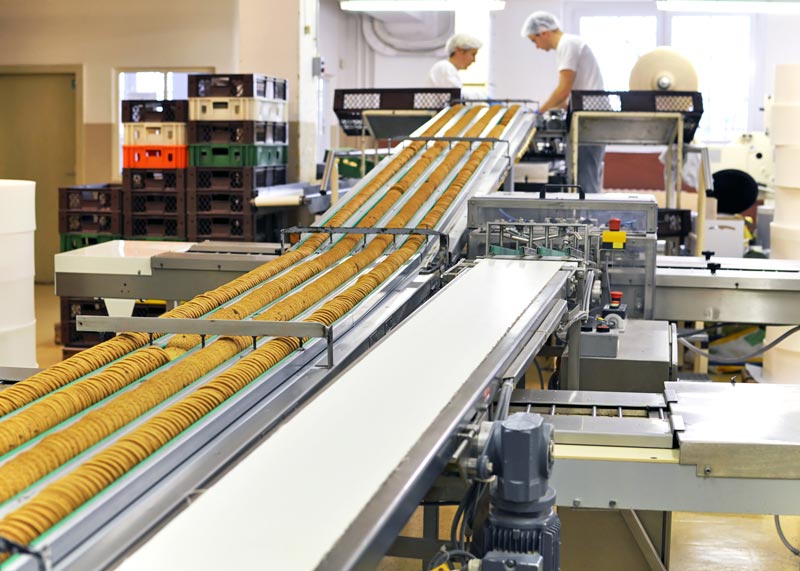
Learn how inverters contribute to energy savings and enhanced productivity in the food and beverage industry through speed control in mixing, pumping, and packaging processes.
6. Material Handling and Automated Storage Systems for Efficient Operations:
Discover how inverters improve efficiency and safety in material handling equipment such as forklifts, conveyors, and automated storage systems while achieving energy savings.
7. Reliable Integration of Renewable Energy Systems:
Explore the critical role of inverters in efficiently converting DC generated by solar panels or wind turbines into AC for seamless integration with the utility grid in renewable energy systems.
8. Energy-Efficient Control for Pumps and Fans in Various Applications:
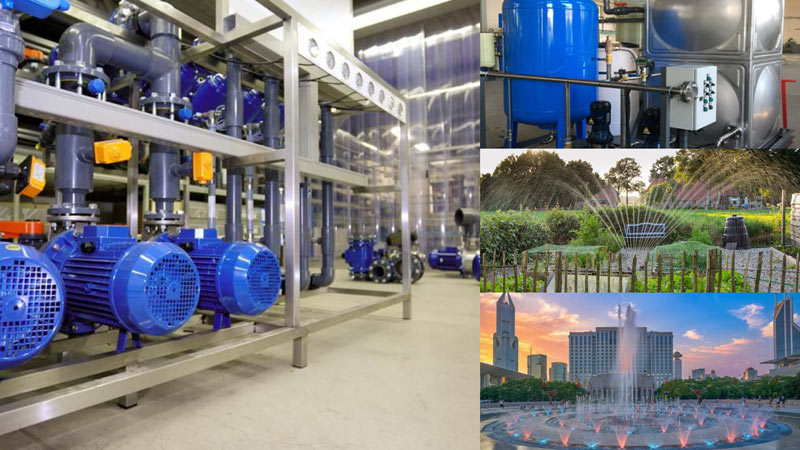
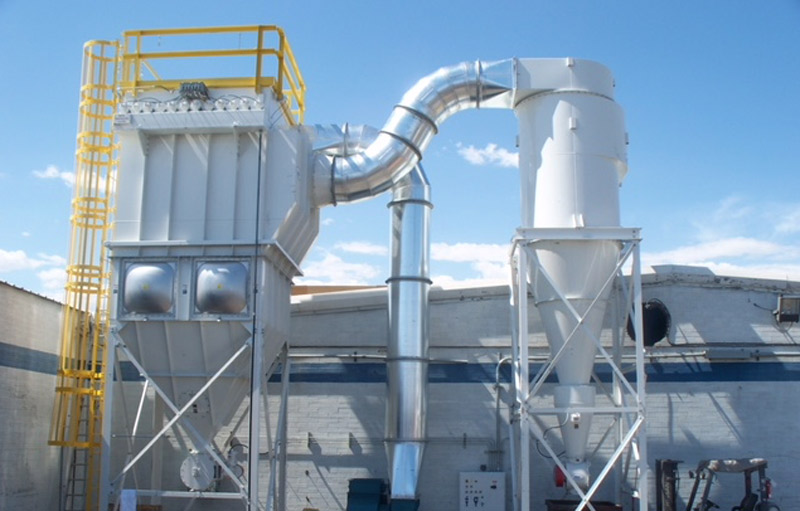
Learn how inverters provide precise speed control for pumps and fans in industrial processes, building ventilation, and water supply systems, resulting in improved system performance and energy savings.
9. Precise Speed Control for Packaging Machinery Operations:
Discover how inverters enable precise speed control in packaging machinery, leading to higher production rates, reduced product waste, and improved packaging quality.
10. Enhanced Efficiency and Cost Savings in the Oil and Gas Industry:

Explore how inverters improve operational efficiency, reduce energy consumption, and enhance equipment reliability in pumps, compressors, and drilling equipment, contributing to cost savings and increased productivity.
Inverters, or variable frequency drives (VFDs), play a crucial role in various industrial control applications, offering precise motor speed control, energy optimization, and enhanced system efficiency. Whether used in HVAC systems, water treatment plants, conveyor systems, or packaging machinery, inverters provide substantial benefits such as energy savings, increased productivity, reduced maintenance costs, and improved product quality. Their versatility and reliability make them indispensable components across a wide range of industries, empowering businesses to achieve operational excellence, cost efficiency, and sustainability in industrial settings.

